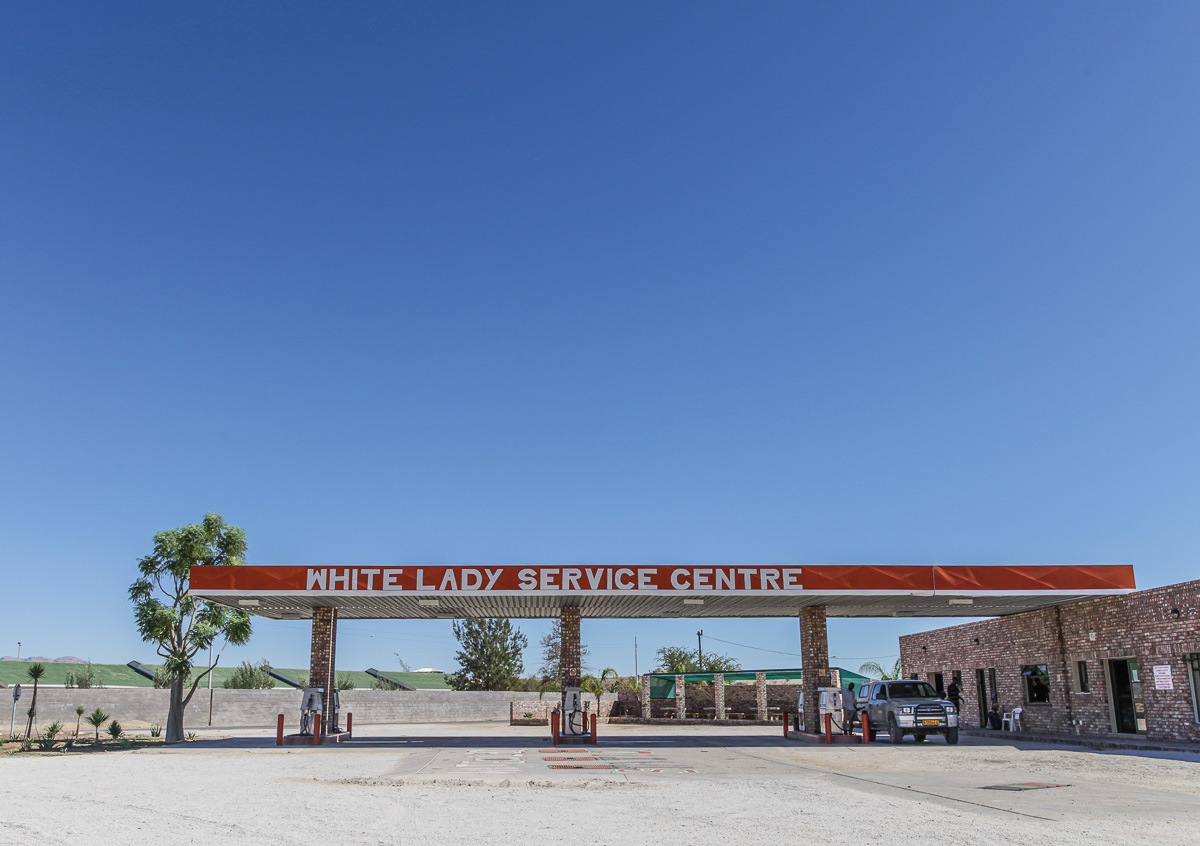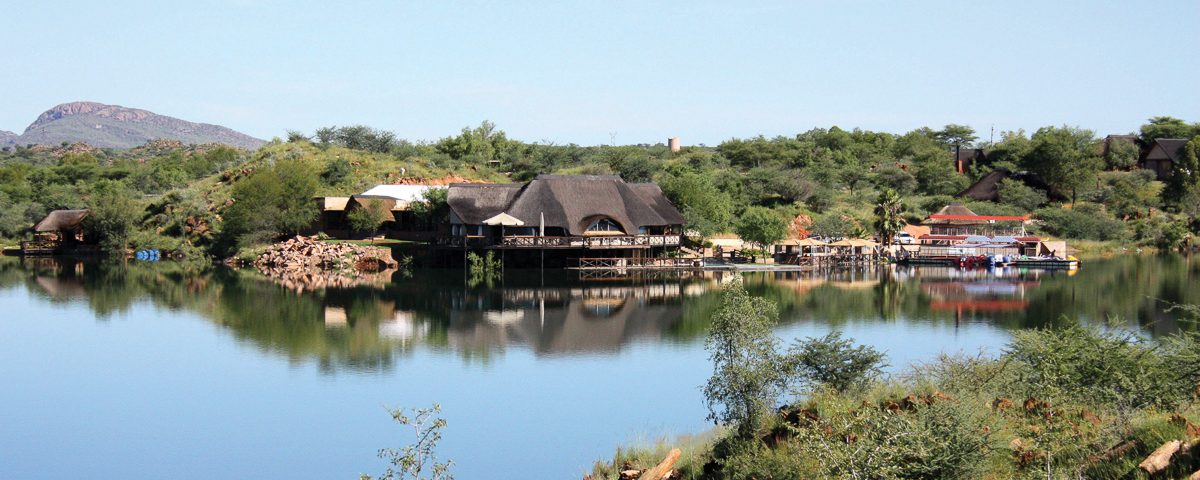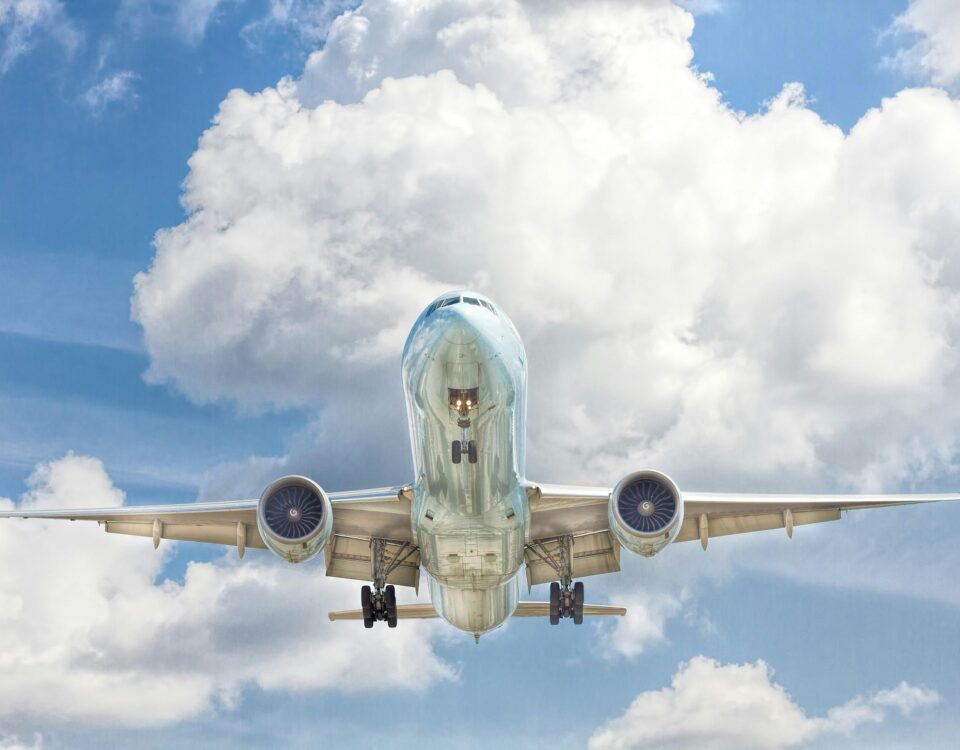
#Khoadi // Hoas Conservancy wins Best of Africa in the 2020 Sustainable Destination Awards
March 10, 2020
Uis the Gateway to Damaraland
March 16, 2020The popular Lake Oanob Resort on the banks of the Oanob Dam recently celebrated its 25th year of operation. An impressive milestone for a business that started humbly, but always with a bigger vision in mind.
Oanob Dam attracts water-loving Namibians like moths to a flame, especially during those boiling hot summer months. Only an hour away from the capital, Lake Oanob Resort is particularly popular as a weekend getaway, but its world-class facilities also attract scores of foreign visitors. What started as a vision, shared by a few people, of the recreational potential of the dam and its surrounds, has proven a dream to be a reality for 25 years already.
A lot more was envisioned for the resort than purely aquatic recreational activities and accommodation. In the year 2000, the development of a small game park started with the construction of a game-proof fence and the introduction of some indigenous game species. Giraffe, sable antelope, eland, gemsbok, zebra, waterbuck, hartebeest, wildebeest, springbok, impala, nyala, blesbok, kudu and ostrich have since been successfully introduced to the scenic 6 200 hectare area that the resort is situated on.
By creating a game reserve, Lake Oanob Resort was able to add game drives to its list of activities, which includes boat rides, canoeing, aqua cycling, tube rides, swimming and birding. The resort is also popular among casual hikers because of the wildlife and the beautiful routes available.
The Rustic Bar was the first building completed and opened its doors to the public on 5 December 1994. Construction of the marina, the reception area and a few campsites started in 1995. A year later the first luxury chalet, named Mufasa, was built. Unfortunately it burnt down only a month after it was completed. The fire, however, was just a small speed hump on the road and the chalet was rebuilt the same year together with a second one, Rafiki.
In terms of lakeside accommodation, guests have a choice of options depending on preference. The resort boasts 13 comfortably furnished self-catering luxury chalets and 10 ensuite rooms which together can house just short of a hundred people. For the more adventurous there are 31 campsites, each with its own unique character.
Completed in 1990, Oanob Dam was built in the mountainous area 7 km west of Rehoboth to provide the small town with freshwater. The dam is fed by the Oanob River that flows eastward from the central highlands. It is considered part of the Nossob-Auob Basin which is located in south-eastern Namibia across part of the Hardap, Karas, Khomas and Omaheke regions and is predominantly characterised by the Kalahari Desert shared across the Namibian-Botswana borders. The dam collects water that would otherwise seep into the sand south of Rehoboth.
Several local business people saw the recreational potential that the large body of water has and decided to put their heads together to make a dream a reality. In 1992 they established the Acasia Resorts company with 42 shareholders, each of whom contributed N$ 1 000 as an initial investment. Negotiations to lease the piece of land surrounding the dam were initiated the same year and an agreement was approved by the Namibian cabinet during 1994. On 11 November that year the lease was signed and construction work started immediately.
Starting with only two employees in 1994, Lake Oanob Resort has grown substantially, serving around 36 000 guests in 2019 alone, and currently employs a staff of 80. The popularity of the resort is evident in the number of guests received each year both from Namibia and abroad.
In an effort to reduce the resort’s carbon footprint, two solar plants have recently been set up. Furthermore, a vegetable garden has been established for the restaurant and achieve a measure of self-sufficiency. Because of the existing drought, barley has been planted to provide feed for the fenced-in game of the small reserve.
This article was first published in the Autumn 2020 issue of Travel News Namibia.


